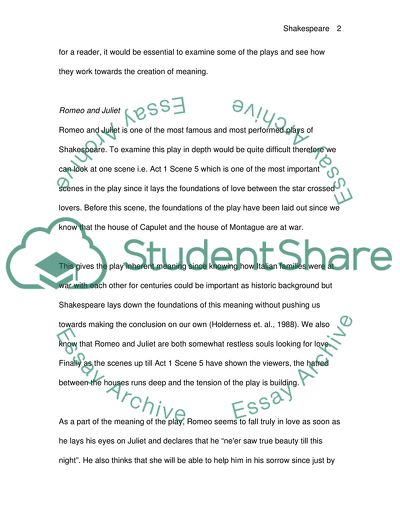Cite this document
(Analysis of Willaim Shakespeare's Romeo and Juliet, Hamlet, and Essay, n.d.)
Analysis of Willaim Shakespeare's Romeo and Juliet, Hamlet, and Essay. https://studentshare.org/literature/1707634-shakespeare
Analysis of Willaim Shakespeare's Romeo and Juliet, Hamlet, and Essay. https://studentshare.org/literature/1707634-shakespeare
(Analysis of Willaim Shakespeare'S Romeo and Juliet, Hamlet, and Essay)
Analysis of Willaim Shakespeare'S Romeo and Juliet, Hamlet, and Essay. https://studentshare.org/literature/1707634-shakespeare.
Analysis of Willaim Shakespeare'S Romeo and Juliet, Hamlet, and Essay. https://studentshare.org/literature/1707634-shakespeare.
“Analysis of Willaim Shakespeare'S Romeo and Juliet, Hamlet, and Essay”. https://studentshare.org/literature/1707634-shakespeare.


